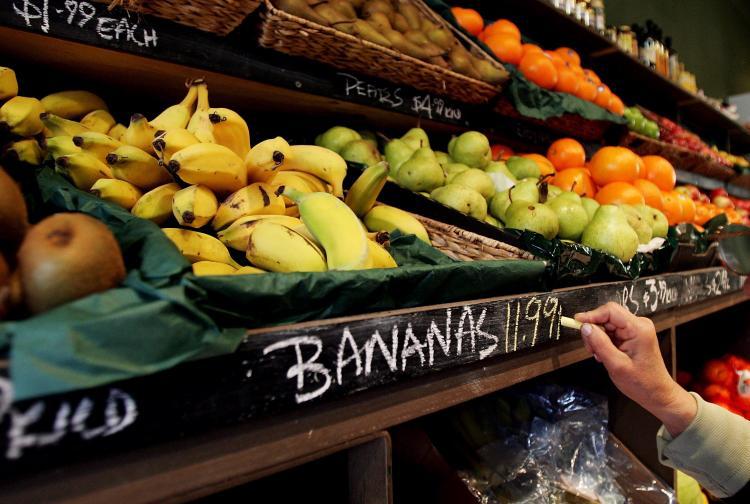More Australian fruit is expected to enter the Chinese market after Beijing updated the General Administration of Customs of the People’s Republic of China (GACC) lists for the first time since 2020, allowing more stone fruit, mangoes, cherries and citrus to reach Chinese consumers.
This comes after representatives from Australia’s Department of Agriculture and China’s General Administration of Customs held talks, the first held between the two sides in more than two years.




